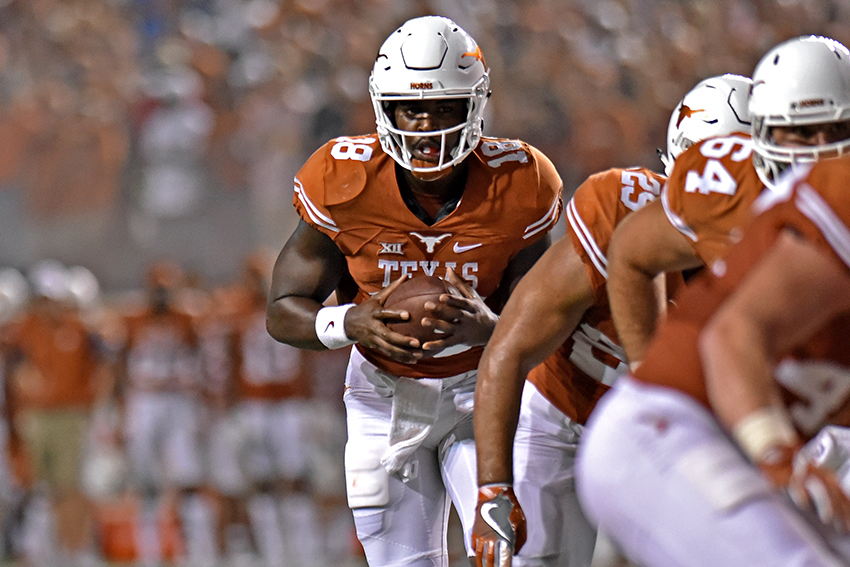The debate as to whether or not to pay student athletes has gone on for years. Opponents on both sides have voiced their concerns over the amount of work the athletes do for the school and the precedent that paying them could set. Would salaries be evenly spread, or would certain sports or even positions earn more? The most recent opponent to paying student athletes is UT President Gregory Fenves, who said he “cannot comprehend” the notion of paying student athletes.
This is an appalling remark coming from the president of the school where student athletics bring in the most money. In the 2014-15 school year, the department posted a revenue of $179.6 million. This makes UT one of 28 schools that posted a revenue of over $100 million.
And instead of giving any of this revenue back to the students who make it possible, they spend it on unnecessary extremities to lure in new recruits. A recent purchase of new lockers that include flat-screen TVs and cost an estimated $10,500 a piece is just an example of this.
While most athletes receive full scholarships as a means of compensation for their work, not being treated like employees of the school hurts them. Whether or not they receive a full salary for the efforts they make on the field, student athletes deserve workers’ compensation.
In the professional sporting world, if a player is injured on the field, they receive workers’ compensation for said injury, even in such cases where it’s a debilitating one that could end their career. In the world of college athletics, this isn’t the case. A player could have a career ending injury before their professional career can even begin and receive no compensation.
This happened with Tre’ Newton, a former Texas running back, who suffered six concussions during his career at UT. He left football for fear of developing a worse condition, such as Chronic Traumatic Encephalopathy, a progressive degenerative brain disease, of which eight cases have been found in the Big 12. In fact, ex-Longhorn tackle Greg Ploetz died from the complications of this career-ending injury.
With the amount of money student athletes are pulling in for UT and top colleges across the nation, they deserve more than a full scholarship as compensation. Paying student athletes a full salary could put their education on the back burner and create a division on campus, but labeling them as low-level employees to guarantee them worker’s compensation could only benefit them.
If there’s money in the budget for overpriced, unnecessary lockers that do nothing but make a mockery of our school’s spending, then there’s money in the budget for workers’ compensation for our athletes. Students shouldn’t be expected to put their careers at risk playing for a school that won’t cover the costs of their injury.
Fenves should be able to comprehend the notion of paying our student athletes, given the amount of work and revenue they bring to UT. Even in off-football seasons, we still rake in more money than the other leading universities. Fenves should consider what our athletes deserve, not just what he can comprehend — and what they deserve is worker’s compensation.
Berdanier is a philosophy junior from Boulder, Colorado. She is a senior columnist. Follow her on Twitter @eberdanier.





















